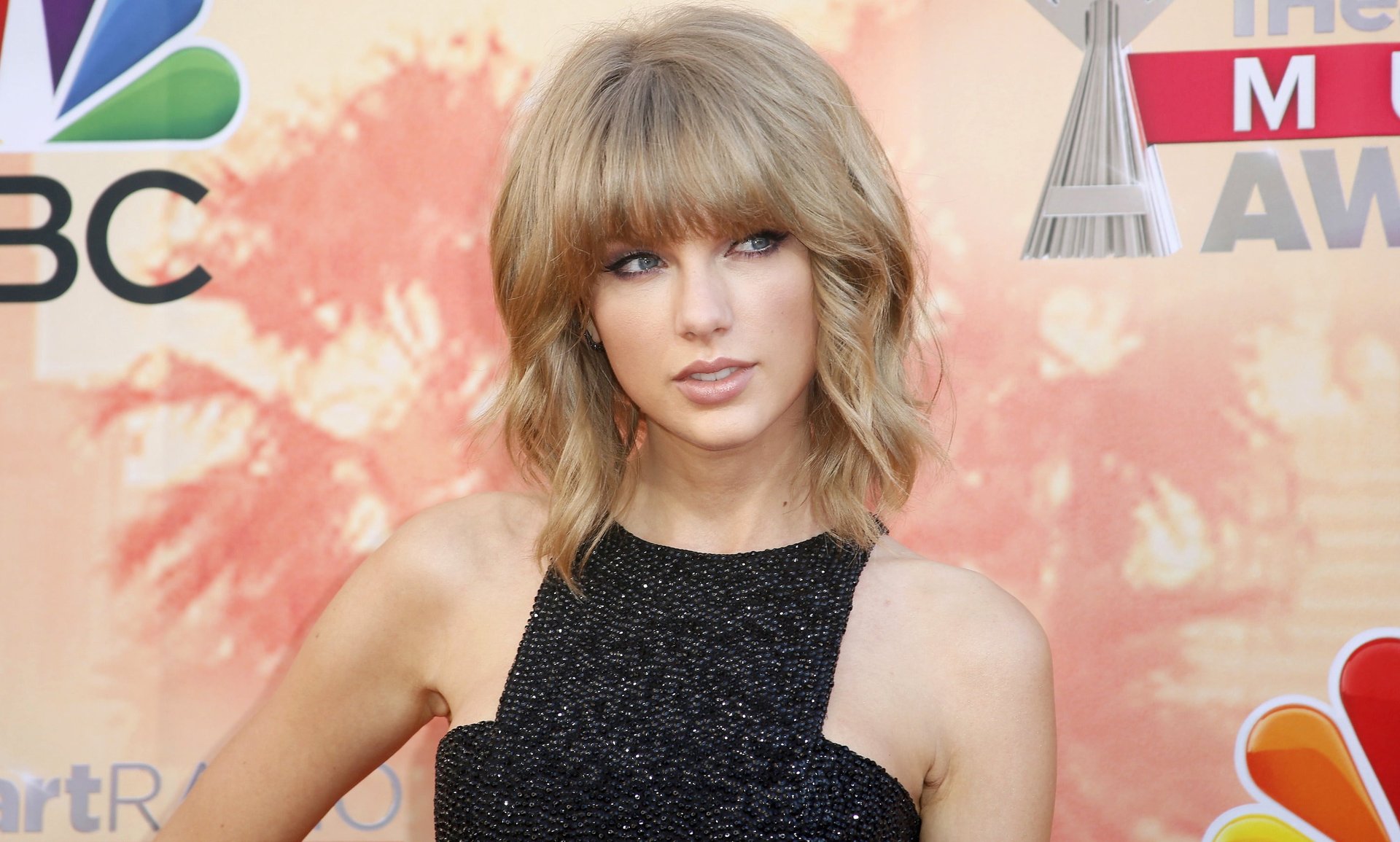Spotify is abruptly backtracking: Some music will now only be available for paying users
Taylor Swift’s yanking of all her music from Spotify last year was quite the dramatic spectacle—but it wasn’t, ultimately, a game-changer for the music streaming industry. Swift’s opinions in the Wall Street Journal (paywall) that music should not be available for free were met with ambivalent shrugs from Spotify, which didn’t suffer much from losing her catalog.


Taylor Swift’s yanking of all her music from Spotify last year was quite the dramatic spectacle—but it wasn’t, ultimately, a game-changer for the music streaming industry. Swift’s opinions in the Wall Street Journal (paywall) that music should not be available for free were met with ambivalent shrugs from Spotify, which didn’t suffer much from losing her catalog.
But then—a year later—something extraordinary happened. Last month, pop superstar Adele decided to reject streaming services as well. Her album then sold 3.5 million copies in a single week, breaking a 15-year record and providing evidence for some that streaming services hurt music sales.
It’s unclear if Adele’s success is evidence of streaming services’ negative impact on music sales. But what is clear is that Spotify is a little rattled. The Wall Street Journal reports (paywall) today from private talks that Spotify is planning to allow some artists to release new albums only to the service’s paying users, and to withhold them at least temporarily from free users. Spotify currently has roughly 20 million subscribers who pay $10 a month for unlimited, on-demand access, as well as 80 million users who are on the service’s ad-supported free tier. Until now, one of the company’s core principles has been to make all music available to both free and paying listeners.
There’s no doubt Spotify’s move will please artists and record labels; it may have even been urged by them. The music industry has long protested the idea of free streaming, saying it fails to generate enough revenue and also disrespects the value of music itself. But there are potential problems, too: As the Journal notes, Spotify’s decision to reverse course may put it in a new kind of trouble with the record industry if it chooses to offer special treatment to some artists over others.
Spotify has not yet made a permanent policy change—nor has it settled on the first artist who will get to release music only to paying users. But the company’s about-face is important, for it signals that Spotify is not quite as sure about its footing in the music industry as it might otherwise appear to be.